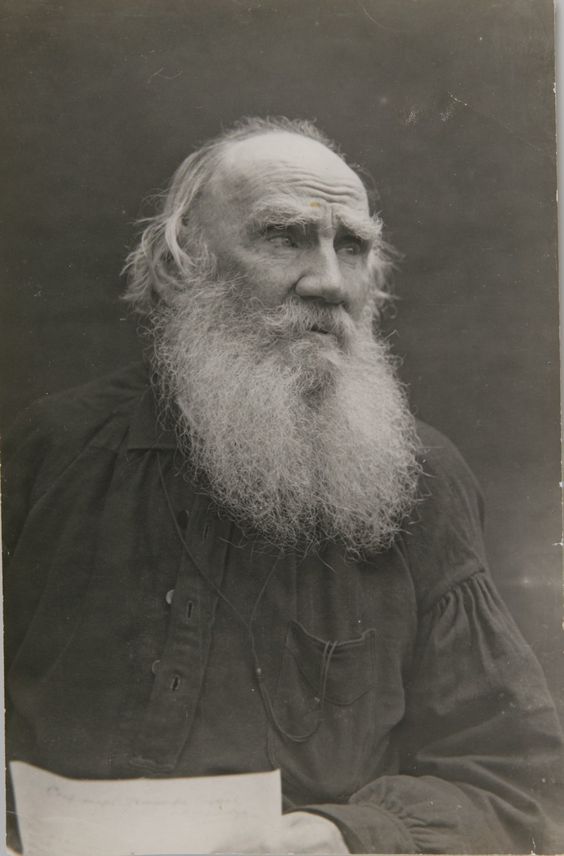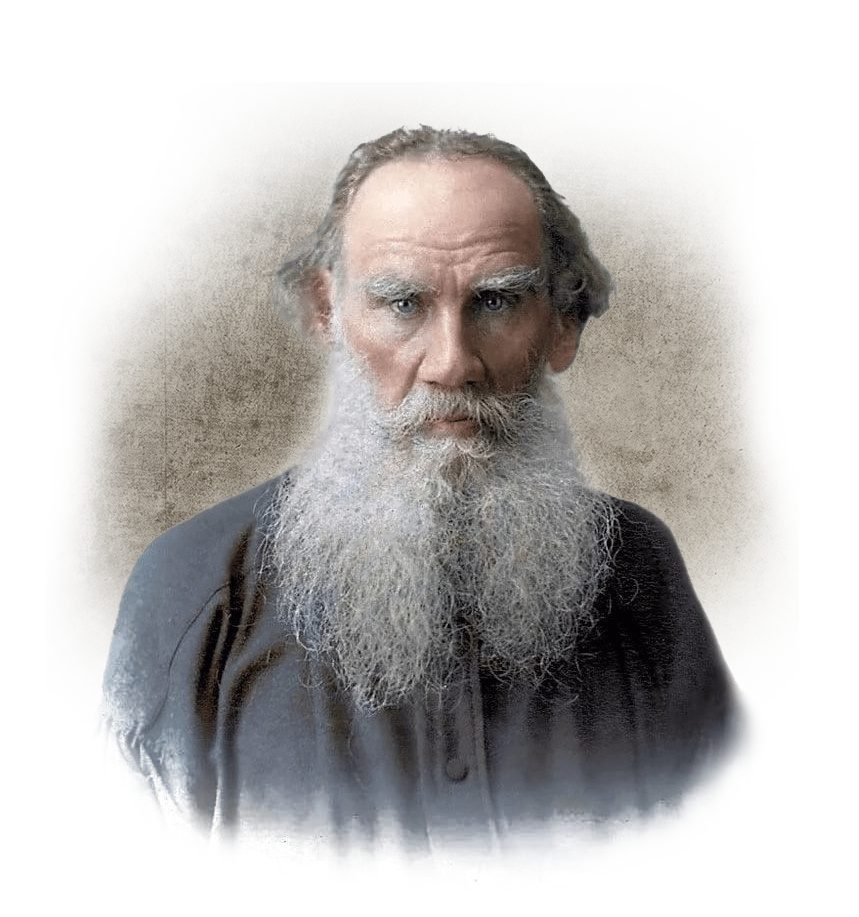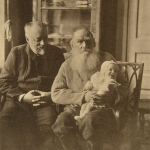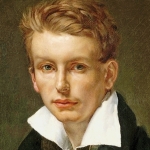
17.10.2023
Leo Tolstoy’s monumental literary works have transcended the pages of his novels to inspire generations of filmmakers, resulting in some of the most iconic and critically acclaimed movies in the history of cinema. The richness of Tolstoy’s characters, coupled with his profound exploration of human nature and society, provides filmmakers with a compelling canvas upon which to craft visually stunning and emotionally resonant films. Here, we delve into the enduring cinematic legacy of Tolstoy’s masterpieces, exploring the movies that have brought his timeless narratives to life on the big screen.

1. «War and Peace» (1956)
Considered one of the most ambitious film adaptations of Tolstoy’s work, «War and Peace» was directed by King Vidor and starred Audrey Hepburn as Natasha Rostova. The film, which focuses on the impact of the Napoleonic Wars on Russian society, captures the grandeur and epic scale of Tolstoy’s novel. With its lavish production design and stellar performances, the movie received critical acclaim and introduced Tolstoy’s narrative to a global audience.
2. «Anna Karenina» (1935, 1948, 1997, 2012)
Tolstoy’s tragic heroine Anna Karenina has been portrayed on screen multiple times, with notable adaptations including the 1935 film starring Greta Garbo and the 2012 version featuring Keira Knightley. These films capture Anna’s passionate affair with Count Vronsky and the devastating consequences of societal expectations. Each adaptation brings a unique perspective to Tolstoy’s exploration of love, morality, and social norms.

3. «Resurrection» (1931, 1960)
«Resurrection,» Tolstoy’s novel exploring themes of redemption and forgiveness, has been adapted into films in 1931 and 1960. The story follows Prince Dmitrii Nekhlyudov, who seeks redemption after realizing the impact of his actions on a young woman, Katusha. These adaptations delve into Tolstoy’s philosophical musings on the human soul and the possibility of spiritual transformation.
4. «Childhood, Boyhood, Youth» (1966)
Directed by Sergei Gerasimov, this film captures Tolstoy’s semi-autobiographical trilogy, exploring the coming-of-age experiences of a young Tolstoy. The movie delves into the author’s formative years, reflecting his introspection, idealism, and struggles with identity. Through the lens of Tolstoy’s early life, the film provides a glimpse into the making of the literary genius.
5. «The Last Station» (2009)
Based on the novel by Jay Parini, «The Last Station» explores the final year of Tolstoy’s life and his tumultuous relationship with his wife, Sophia, and his disciples. Starring Christopher Plummer as Tolstoy and Helen Mirren as Sophia, the film delves into the philosophical and ideological conflicts that defined Tolstoy’s later years. It offers a nuanced portrayal of the author’s complex personality and the legacy he left behind.
6. «The Power of the Resurrection» (1909)
One of the earliest cinematic adaptations of Tolstoy’s work, this silent film explores the resurrection story from Tolstoy’s novel «Resurrection.» Although rudimentary by today’s standards, this film laid the foundation for future adaptations, showcasing the enduring appeal of Tolstoy’s narratives.
In conclusion, Leo Tolstoy’s literary masterpieces continue to captivate filmmakers and audiences alike, inspiring adaptations that delve into the depths of human emotion, morality, and societal conventions. Through these films, Tolstoy’s profound insights into the human condition find new life on the silver screen, ensuring that his legacy endures in the realm of cinema, reaching audiences around the world and inviting them to explore the timeless themes woven into his works.




